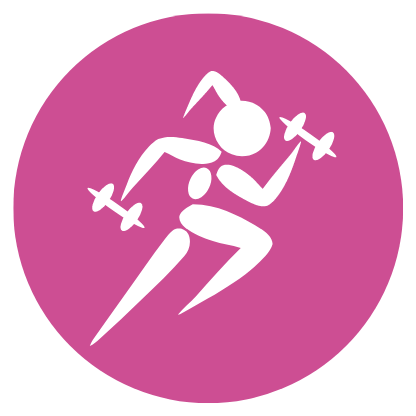Movement for Mental Well-being | Kelly McGonigal | Tom Bilyeu
Reference: Tom Bilyeu. (2020, January 28). Stanford Psychologist Reveals One Change That Will Dramatically Improve Your Life | Kelly McGonigal [Video]. YouTube.
We Make Your Education Count








 27 Creds - Health
27 Creds - Health



